By Paul R Salmon FCILT FSCM FCMI
In today’s interconnected and volatile world, supply chains are only as strong as their weakest link. The suppliers that organisations depend upon can make or break their operational performance, reputation, and resilience. Traditional methods of supplier selection and monitoring—focused on price, lead times, and simple risk scoring—are no longer enough.
Enter Artificial Intelligence (AI): a transformative technology that is redefining how organisations identify, assess, and manage their supplier base. By harnessing AI, businesses can make more informed, dynamic, and predictive decisions about their suppliers. This capability doesn’t just reduce risk; it creates a competitive advantage.
This article explores how AI can revolutionise supplier selection and monitoring, and why supply chain leaders must embrace these tools to thrive in an era of increasing complexity.
The Challenge of Supplier Risk in Modern Supply Chains
Supply chains have grown longer and more complex, spanning multiple tiers across countries and continents. While this globalisation offers cost efficiencies and access to diverse markets, it also creates vulnerabilities:
Supplier financial instability can lead to sudden disruptions. Environmental and social governance (ESG) concerns can cause reputational damage. Geopolitical shifts may impact access to critical materials. Natural disasters or pandemics can halt operations with little warning.
Even in industries with stringent regulatory oversight, such as pharmaceuticals or aerospace, supplier issues continue to make headlines. For example, a single component shortage can delay clinical trials for life-saving drugs or ground entire aircraft fleets.
Traditional supplier evaluation frameworks—based on periodic audits, static questionnaires, or subjective assessments—are often reactive. They struggle to keep pace with the real-time nature of modern risks.
AI: A Game-Changer for Supplier Selection and Monitoring
AI enables organisations to move from reactive to proactive supplier management. Rather than relying on lagging indicators, AI analyses vast datasets in real time, providing forward-looking insights into supplier performance and risk.
Here’s how:
1. Analysing Media Coverage for Reputation Management
AI-powered natural language processing (NLP) algorithms can scan millions of news articles, social media posts, blogs, and trade publications to detect potential red flags about suppliers.
For instance, if a supplier is linked to child labour in a distant tier-2 factory, or if an executive is implicated in corruption charges, AI systems can flag these concerns almost instantly.
This enables procurement teams to investigate and act before reputational damage occurs.
2. Assessing Financial Health with Predictive Analytics
Many supplier failures stem from financial distress that was visible months in advance. AI systems can analyse financial statements, payment patterns, and market sentiment to identify early warning signs.
Machine learning models can even forecast the likelihood of bankruptcy or cash flow problems based on subtle trends.
This empowers supply chain leaders to:
Diversify away from high-risk suppliers. Renegotiate contracts to mitigate exposure. Support strategic partners with collaborative interventions.
3. Monitoring Delivery Histories and Performance Trends
AI thrives on large datasets. By ingesting delivery records, quality reports, and production schedules, AI models can:
Detect patterns in late shipments. Predict future delays. Recommend corrective actions.
Rather than waiting for a supplier to miss a key milestone, organisations can take pre-emptive steps to protect continuity of supply.
4. Evaluating Environmental and Social Impact
Consumers, investors, and regulators increasingly demand ethical and sustainable supply chains. AI tools can assess a supplier’s carbon footprint, water usage, and adherence to labour standards.
For example:
Satellite imagery and AI can detect illegal deforestation linked to raw material suppliers. ESG scoring models can evaluate thousands of companies for sustainability credentials.
This allows businesses to align supplier selection with corporate social responsibility (CSR) goals and net-zero targets.
5. Analysing Geopolitical and Regulatory Risk
AI systems can monitor global events and regulations that may impact suppliers:
Trade tariffs and sanctions. New import/export restrictions. Political unrest or military conflict.
In highly regulated industries such as defence or healthcare, where suppliers often operate in sensitive regions, this capability is critical.
Case Study: AI in Action for the Pharmaceutical Supply Chain
Consider a pharmaceutical company planning a global clinical trial. The success of this trial depends on a steady supply of investigational drugs, medical devices, and laboratory kits from multiple suppliers.
If a key supplier faces regulatory action or financial collapse mid-trial, the timeline could slip by months—potentially costing millions and delaying patient access to breakthrough treatments.
By using AI to:
Continuously assess the financial stability of suppliers. Scan global regulatory databases for compliance issues. Monitor media reports for reputational risks.
…the company can identify and address problems before they impact operations.
The result? Reduced trial risk, improved operational resilience, and accelerated time-to-market.
Challenges and Considerations
While AI offers enormous potential, organisations must approach its implementation thoughtfully:
Data Quality Matters: AI insights are only as good as the data fed into the system. Incomplete or biased data can lead to flawed recommendations. Human Oversight Remains Essential: AI should augment, not replace, human judgement. Procurement teams must validate AI findings and apply contextual knowledge. Supplier Collaboration is Key: Organisations should share insights with suppliers to foster transparency and drive joint improvements, rather than treating AI as a surveillance tool. Ethical Use of AI: Companies must ensure AI systems avoid unfairly penalising suppliers based on inaccurate or discriminatory data.
The Future: Towards Autonomous Supply Chains
Looking ahead, AI will become even more embedded in supplier management:
Autonomous Procurement: AI agents may negotiate contracts, balancing cost, quality, and risk dynamically. Self-Healing Supply Chains: Predictive systems will automatically reconfigure supplier networks in response to disruptions. Tier-N Visibility: AI will illuminate hidden tiers of the supply chain, enabling end-to-end risk management.
Supply chains that embrace AI will become more adaptive, sustainable, and resilient. Those that don’t risk being left behind.
Conclusion: From Data to Decisions
Selecting and monitoring suppliers has always been a critical element of supply chain success. But in a world of increasing complexity, old approaches are no longer sufficient.
AI empowers supply chain leaders to transform vast, fragmented data into actionable insights. It enables smarter supplier choices, faster risk response, and greater alignment with organisational goals.
For businesses seeking to future-proof their operations, AI-powered supplier management is no longer a luxury—it’s a necessity.
As supply chains move from reactive firefighting to proactive resilience, AI will be the catalyst for this transformation. Those who adopt it early will reap the rewards of stronger partnerships, lower costs, and enhanced reputation.
The future of supplier management is intelligent. The question is: Are you ready?
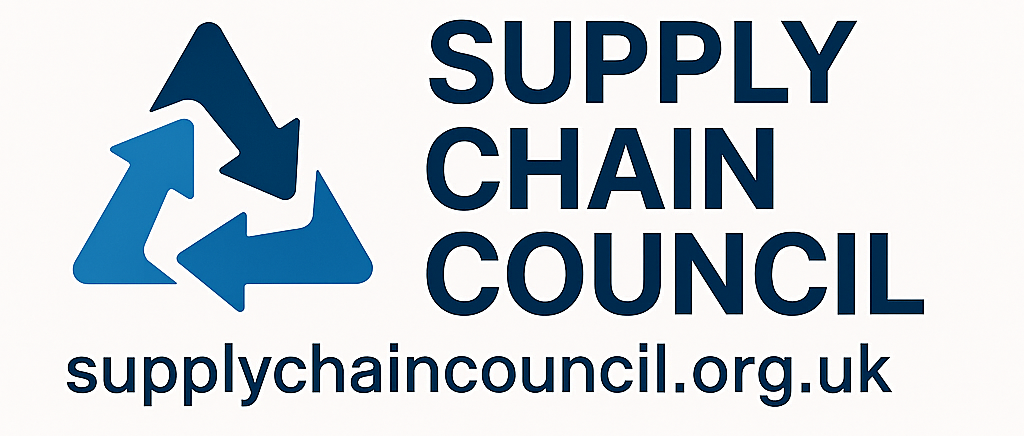

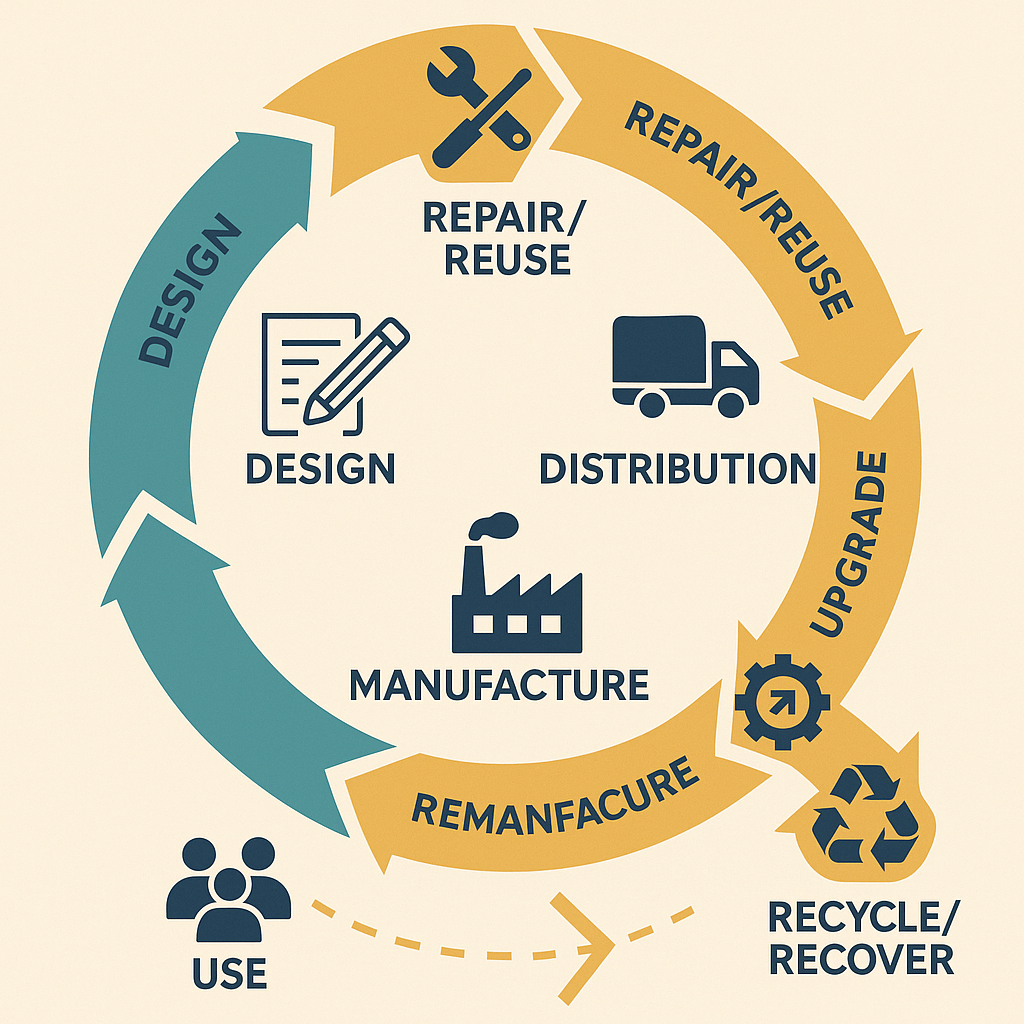
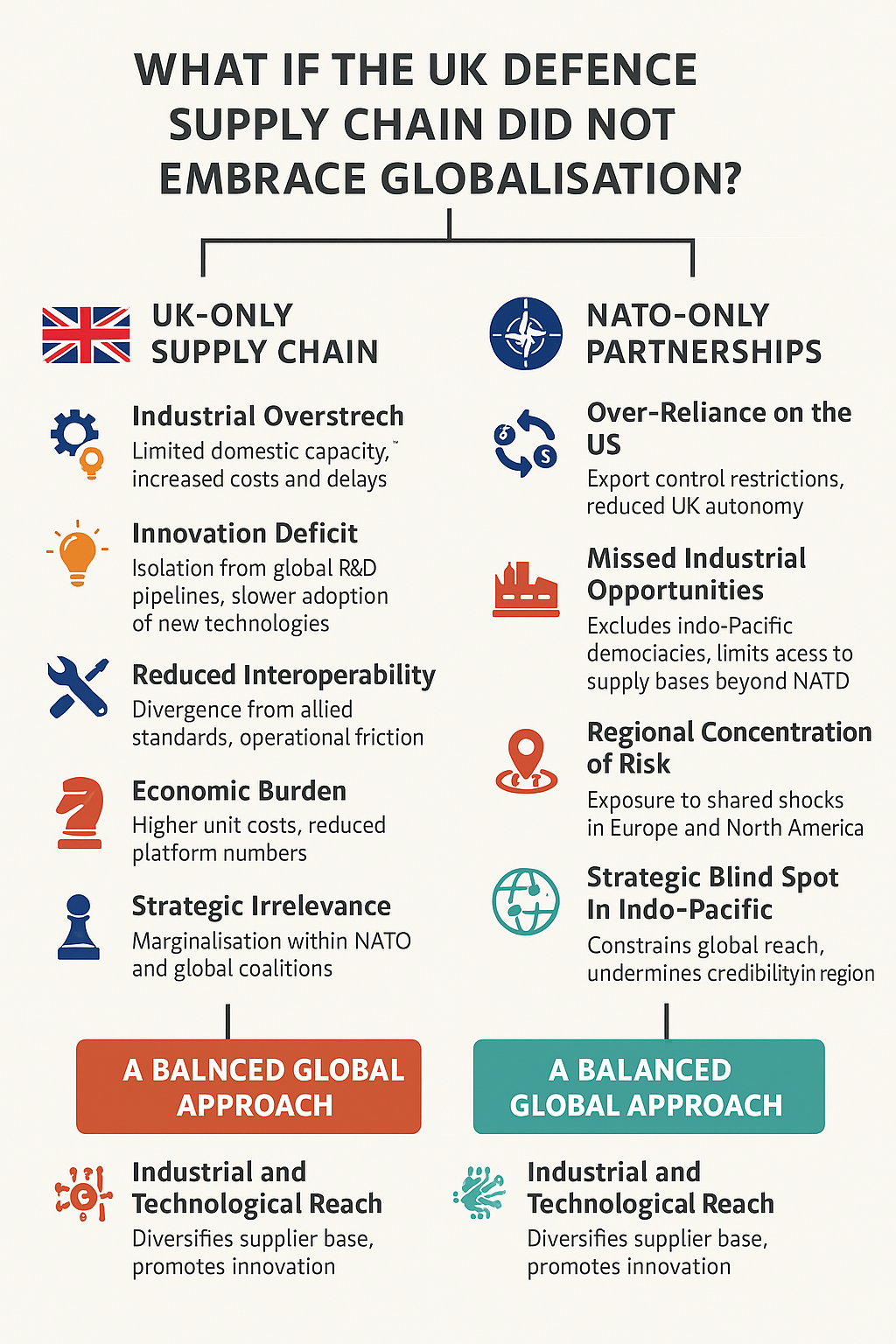
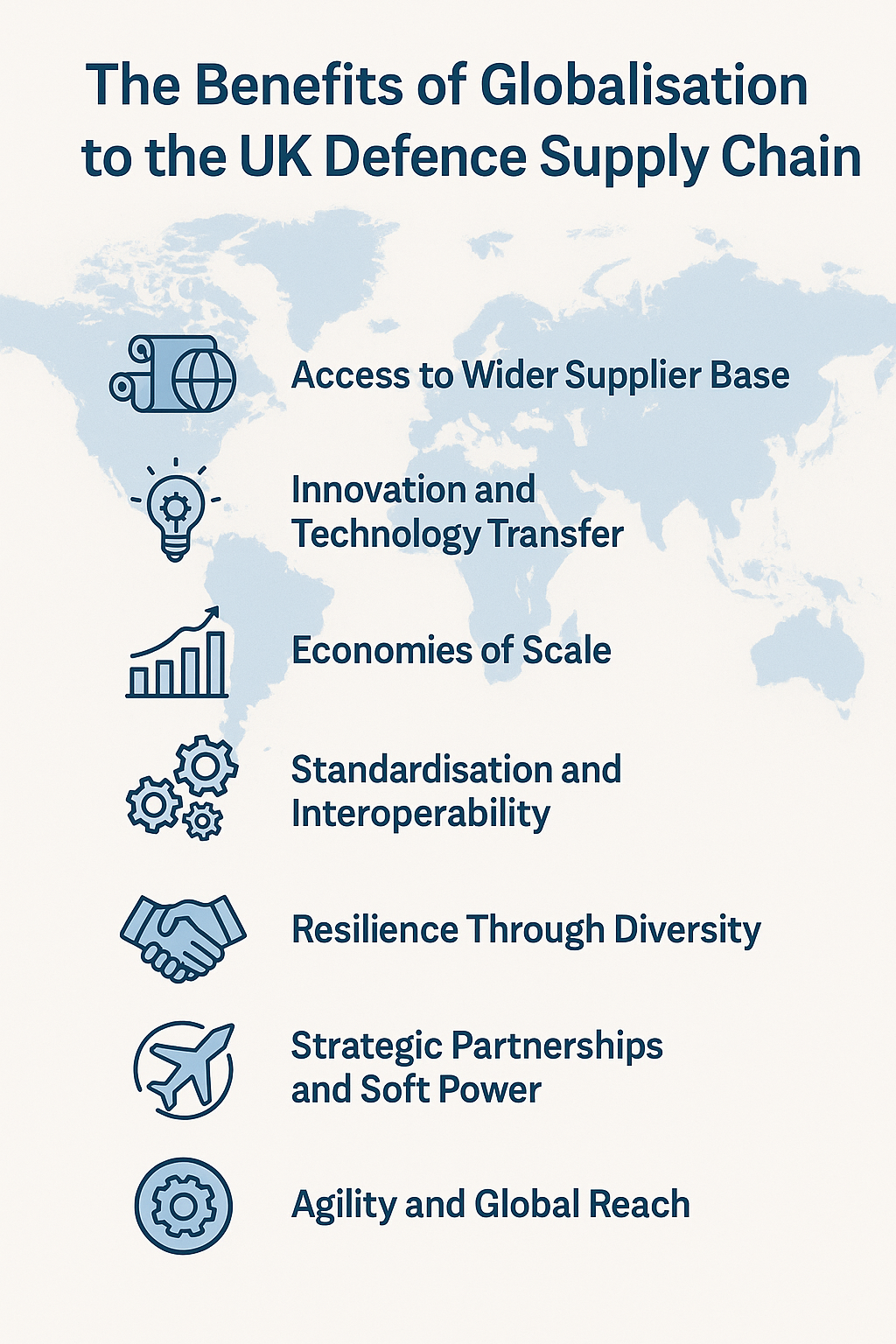
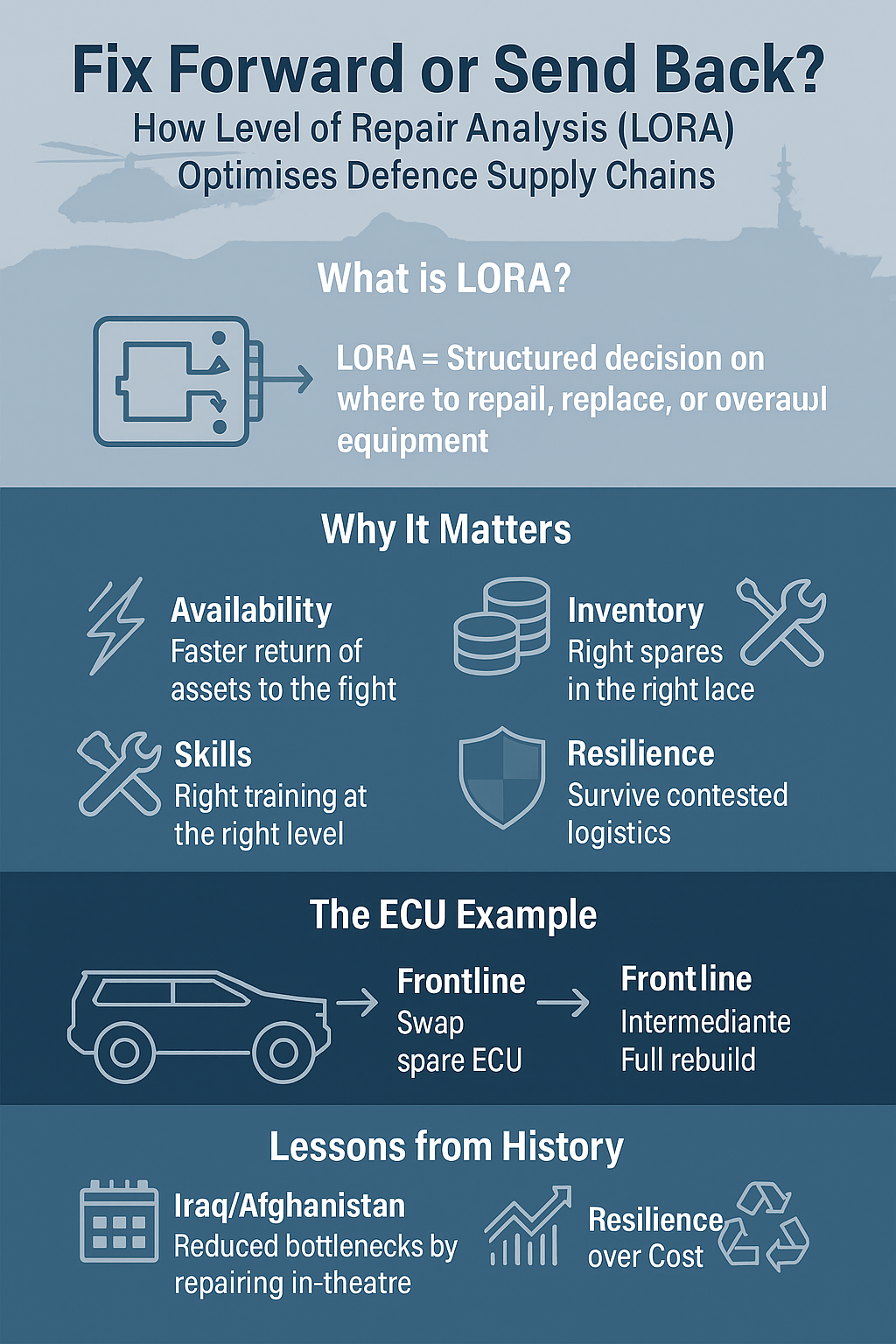
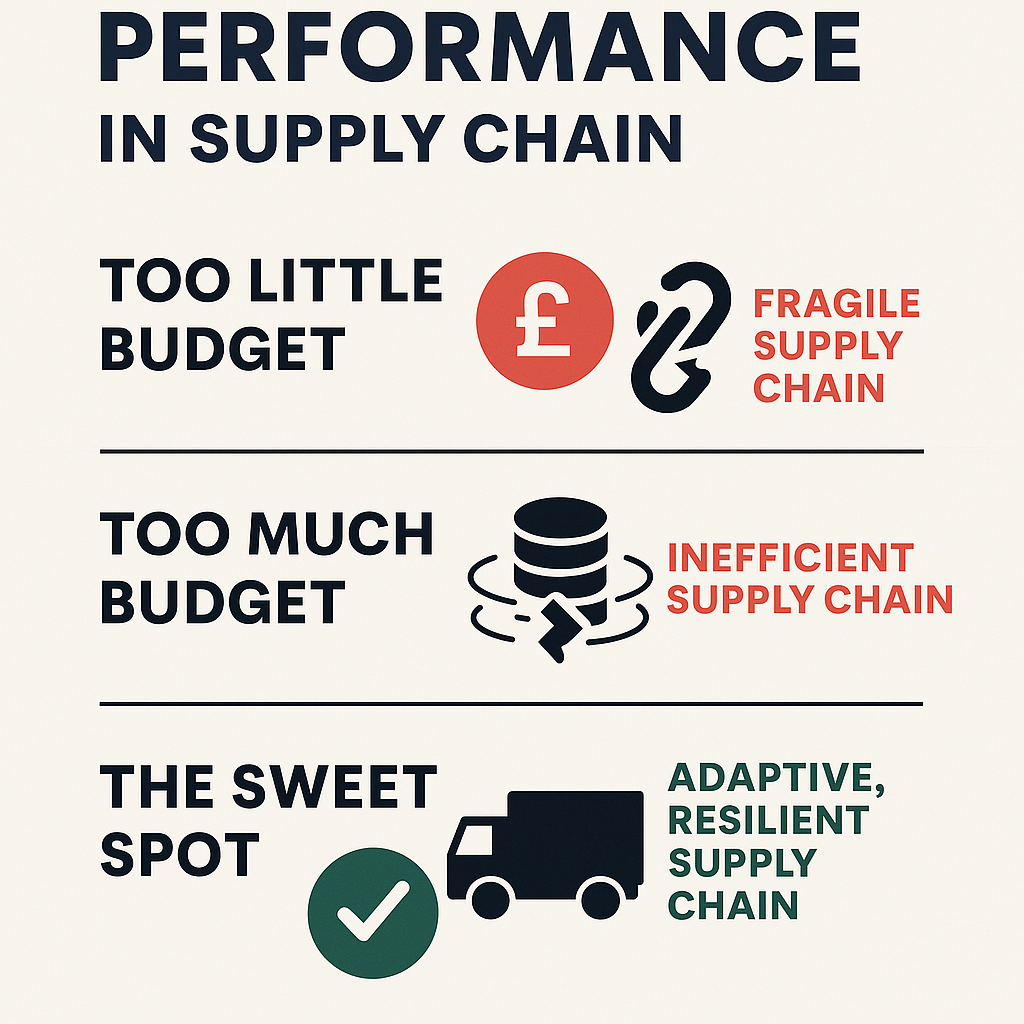
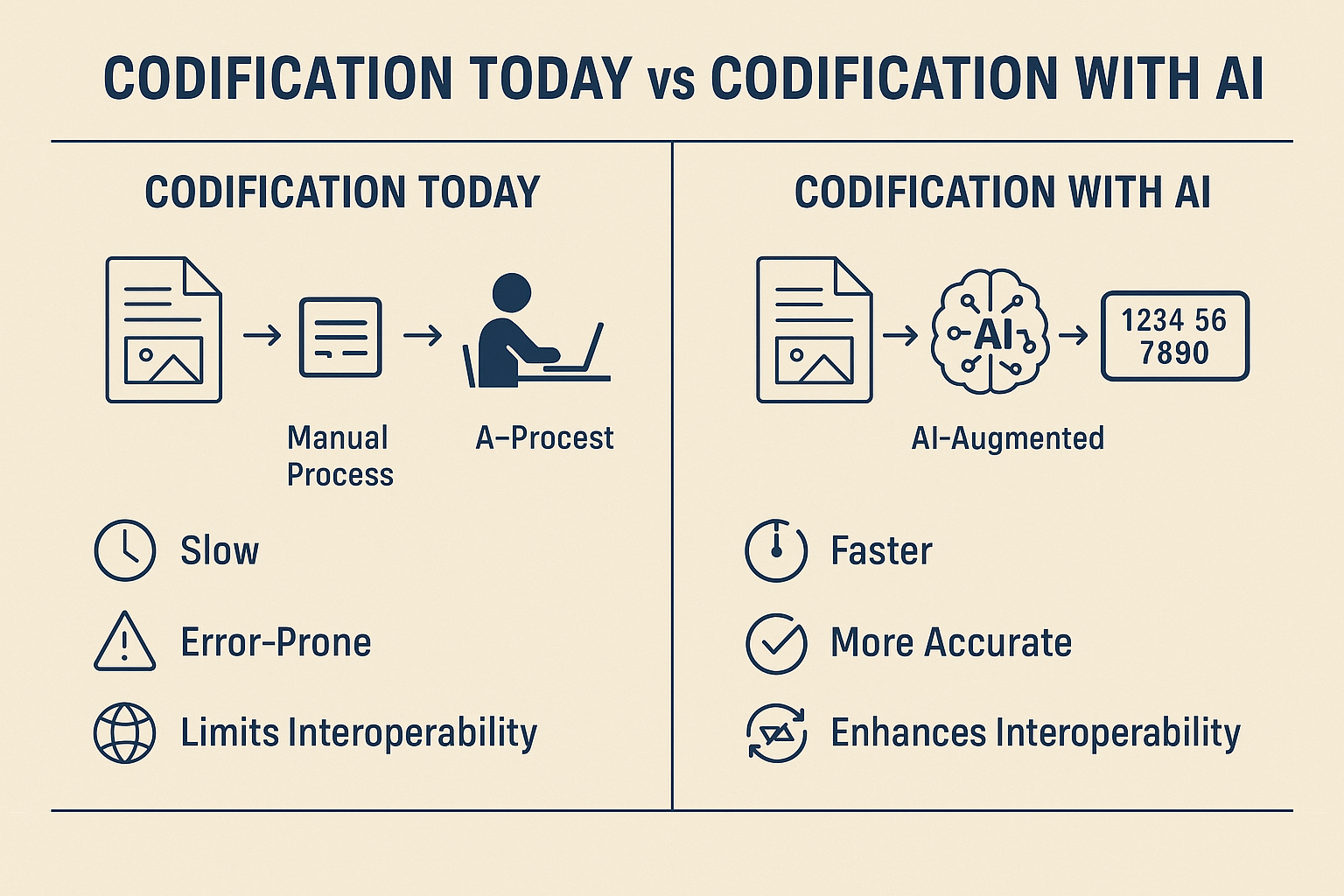
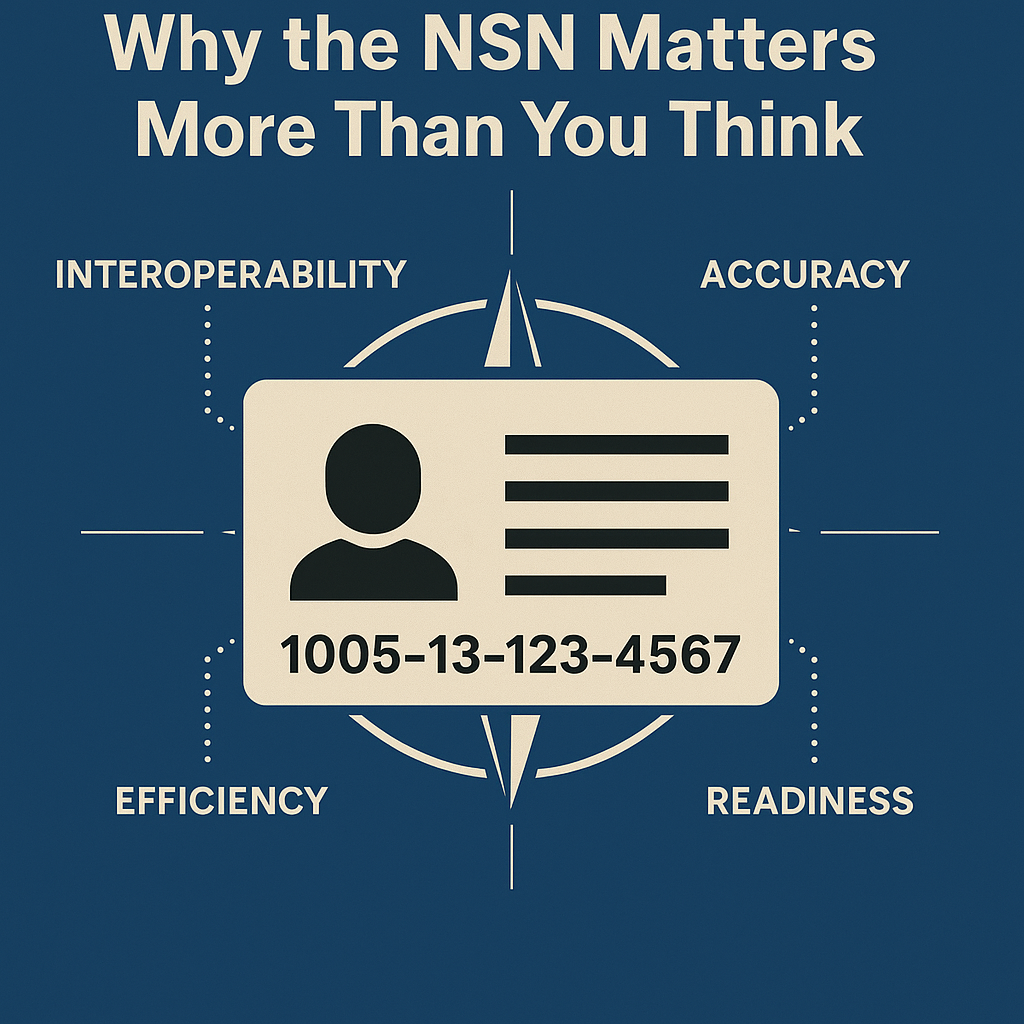
Leave a Reply